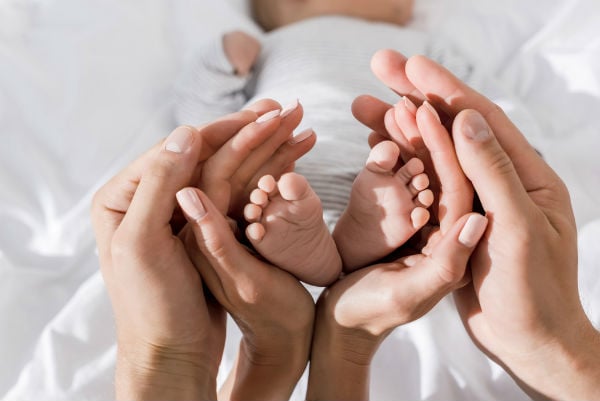The four families have decided to bring charges of “involuntary homicide” or manslaughter, against ANSM, France’s National Agency for the Safety of Health Products, and Boehringer Ingelheim, the German pharmaceutical which makes Pradaxa, the families’ lawyer said on Wednesday.
Their loved ones, who were aged between 78 and 84 and living in or near Paris, Lille, Strasbourg and Grenoble, died of haemorrhages earlier this year after taking Pradaxa, a prescribed anticoagulant medication.
The families’ lawyer Philippe Courtois accused the German makers of the drug of keeping the victims in the dark about the risks of Pradaxa.
“Major information was not brought to the attention of patients and consumers, by way of the product label, thereby violating their free and informed consent,” he told French daily Le Parisien.
ANSM, which is responsible for evaluating the risk a given medication poses to the French public, and granting permits, clearly failed in its duty, according to Courtois.
Noting that the risk of haemorrhages from blood-thinners like Pradaxa is higher in the elderly, Courtois declared “They shouldn’t have given them Pradaxa.”
“The elderly are under-represented in the studies [on which ANSM based its permit], and yet they are the most exposed to risk. [Pradaxa] was not sufficiently studied, especially among the most vulnerable patients,” he added.
The families are also highly critical of Boehringer Ingelheim’s failure to put an antidote to Pradaxa on the market, leaving patients stranded in the event of a problem with their medication.
“A haemorrhage from taking Vitamin K antagonists [an alternative blood-thinner] can be fixed by just taking Vitamin K,” Courtois explained.
“But if there is a haemorrhage from Pradaxa, you can’t stop it,” he added. That was the fate of one of the victims, an elderly man in Poissy, near Paris, who died of “an uncontrollable haemorrhage” in February, three days after knee surgery that passed without a hitch.
Back in 2011, ANSM listed Pradaxa as one of 59 prescription drugs they were keeping “under surveillance”, and in September, they published a warning about the risk of haemorrhages from taking Pradaxa.
France has had a series of medical scares in recent months, most notably since it emerged domestic company PIP had produced breast prostheses containing industrial-grade silicone gel.
An estimated 300,000 women in 65 countries are believed to have received faulty implants.
In June, ANSM recalled the diuretic pill Furosemide, used to control high blood pressure, after some packets of the drug were found to contain sleeping pills – a mistake linked to two deaths.
In May, it was revealed that French surgeons had fitted 1,300 people with replacement hips not certified as meeting European standards.
The same month, an EU medicines watchdog endorsed the safety of acne drug Diane-35, also widely used as a contraceptive, despite France suspending use of the drug which it linked to four deaths from blood clots.
Don't miss stories like this – join us on Facebook and Twitter.



 Please whitelist us to continue reading.
Please whitelist us to continue reading.
Member comments